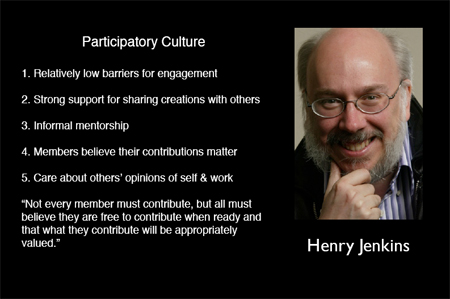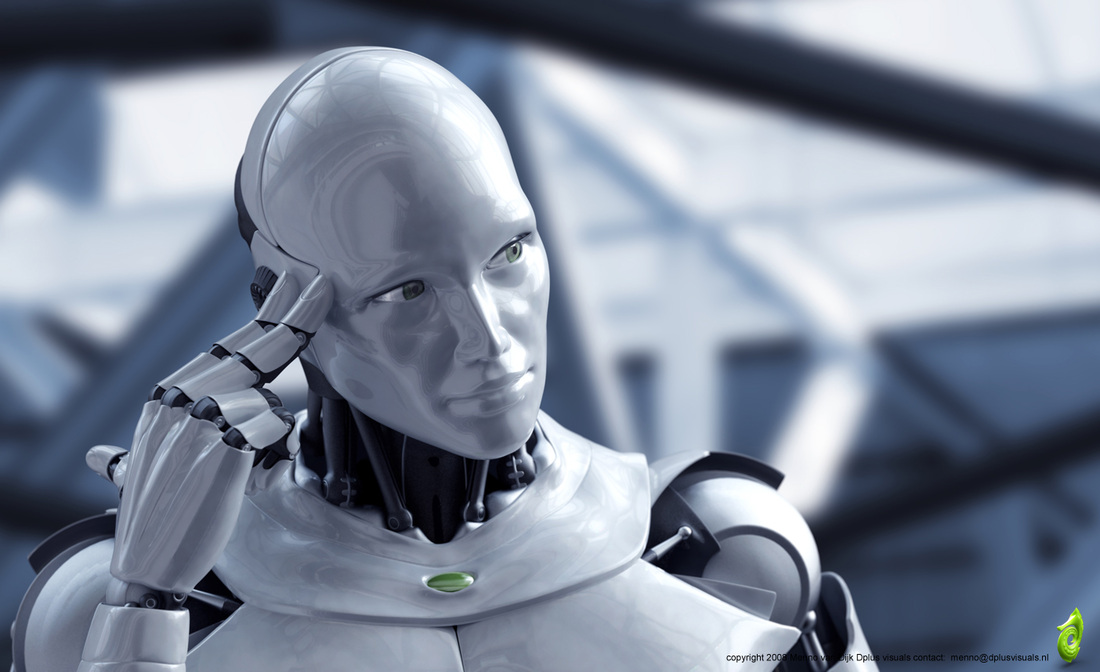In the earlier days the internet wasn't used for business, it was used to connect computers together to share information, but it also connected people. Most of the programs we use today are based on freeware. Rushkoff believes in 2000 that the "real internet" was overshadowed by businesses and revenue seeking ventures. He doesn't think that is what the internet was designed for. It seems he views business and marketing on the internet as evil and conversation,free knowledge, and free sharing as good. He stressed the Internets ability to empower people.
Content is not what matters, contact is. Content is the social currency for social interactions. Content is just an excuse for people to get together and interact.
Discussion Questions:
1. Why is Rushkoff so emphatic about the internet being used for its original purpose? Whats wrong with change?
2. Do you agree with Rushkoff that content doesnt matter?
Rushkoff's website
Rushkoff speaking at Web 2.0 Expo in 2009
Content is not what matters, contact is. Content is the social currency for social interactions. Content is just an excuse for people to get together and interact.
Discussion Questions:
1. Why is Rushkoff so emphatic about the internet being used for its original purpose? Whats wrong with change?
2. Do you agree with Rushkoff that content doesnt matter?
Rushkoff's website
Rushkoff speaking at Web 2.0 Expo in 2009






 RSS Feed
RSS Feed